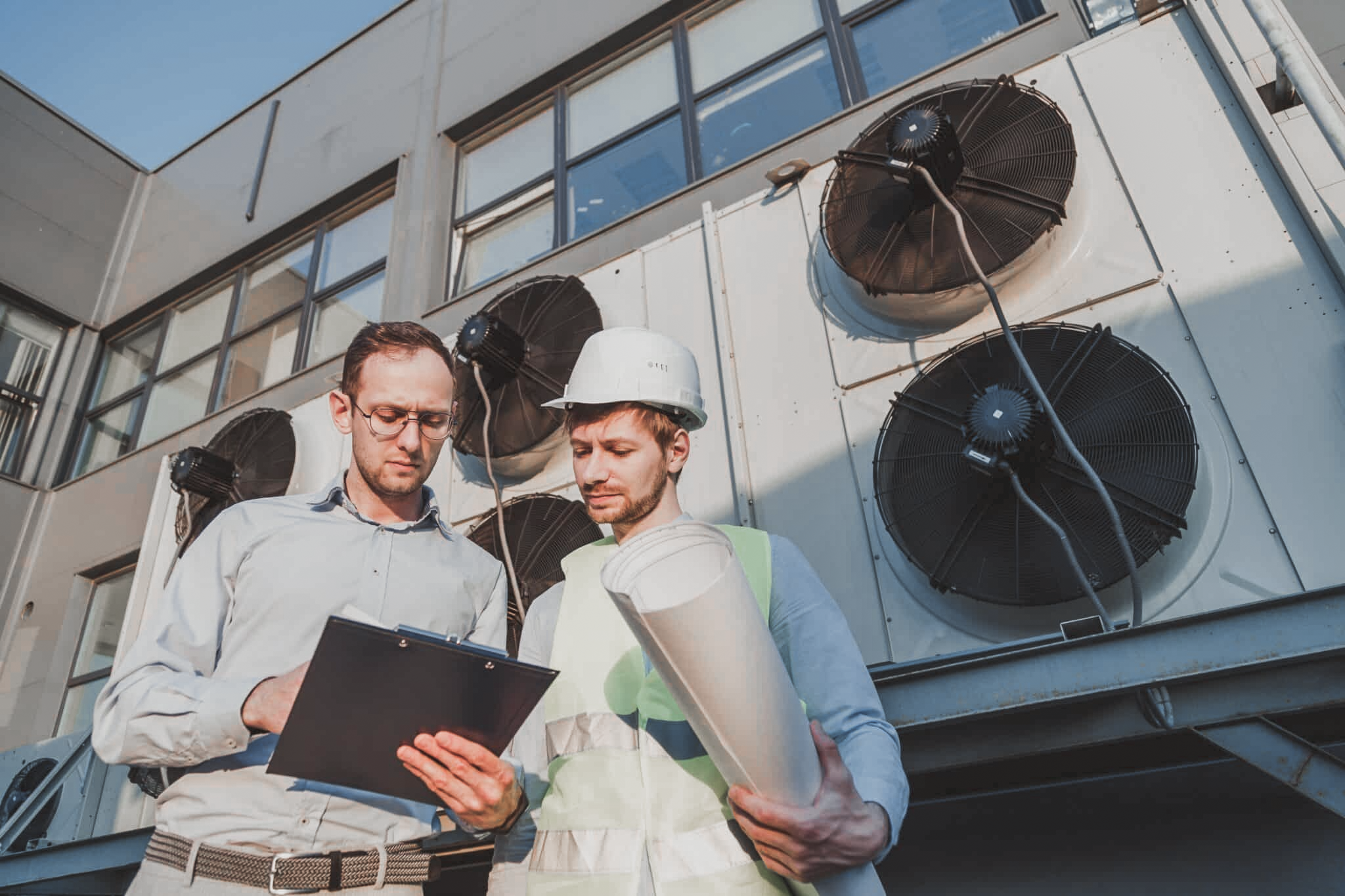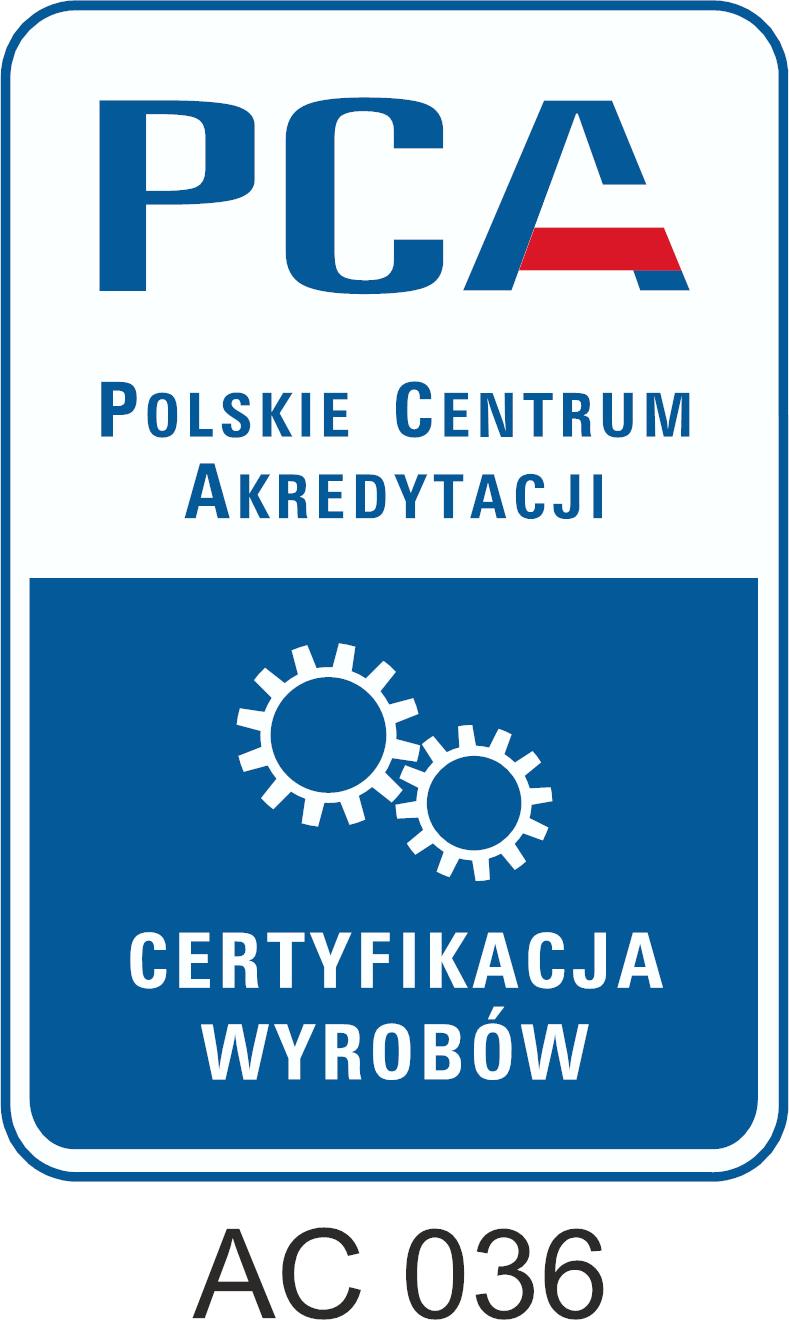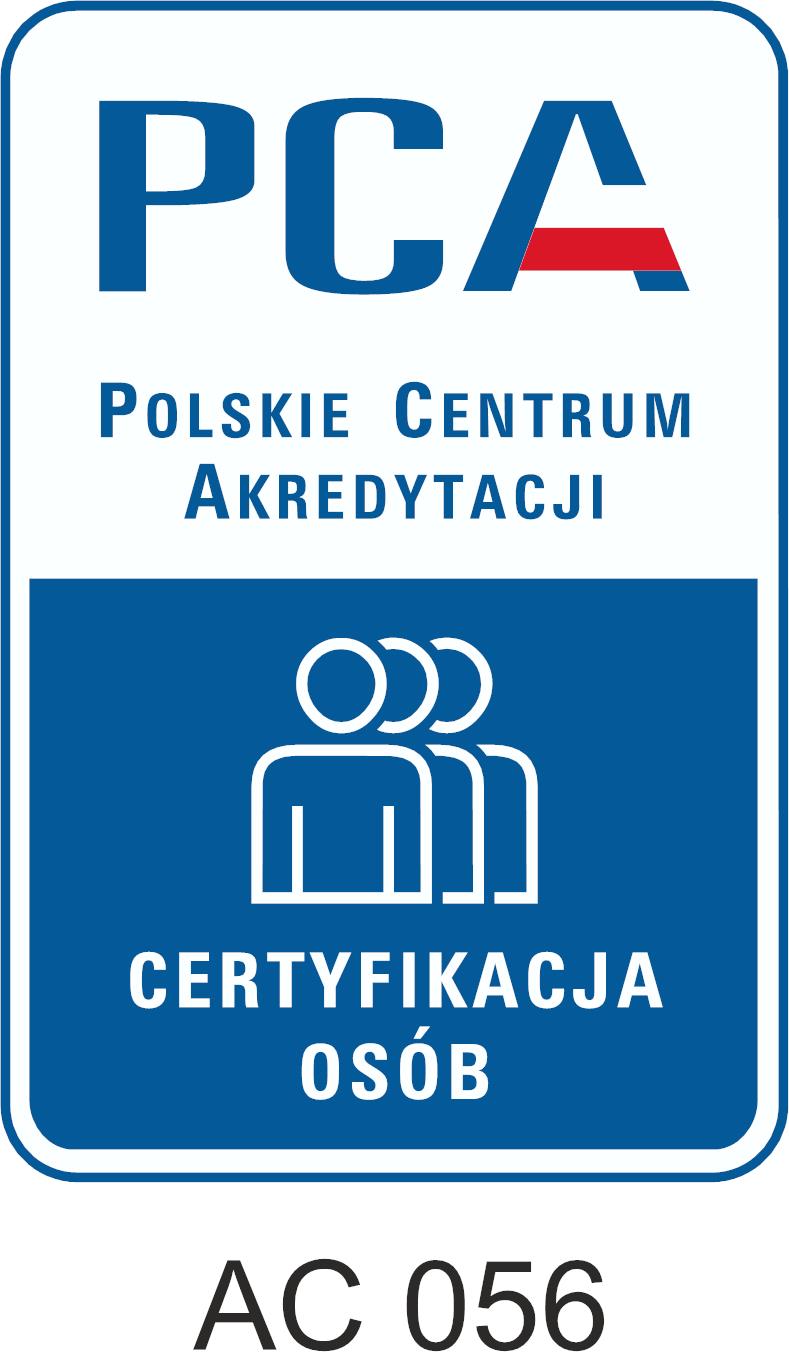FAQ
Documentation and forms
Certification according to Directive 2014/68/EU - Pressure Equipment Directive (PED)
Certification according to Directive 2014/29/EU (SPV) - Simple pressure vessels
Certification according to 2000/14/EC (noise emissions) - Compressor unit (<350 kW)
Appeals and complaints
Additional capabilities
Certificate register
Accreditation
Contact information
CE certification is a key element for legally selling many products within the European Union. The CE mark indicates that the product has passed an assessment of compliance with safety, health and environmental requirements set by EU legislation. This is not only a manufacturer's commitment to high quality standards, but also a guarantee that the product can circulate freely in the single European market.
Our company, operating as Notified Body No. 1462, specializes in Certification of CE conformity for a variety of equipment, including pressure equipment in accordance with Directive 2014/68/EU (PED), simple pressure vessels in accordance with Directive 2014/29/EU (SPV), and noise-emitting compressor units in accordance with Directive 2000/14/EC. The services we offer include a professional conformity assessment, which is necessary to obtain the CE marking, confirming the product's compliance with European legal requirements.
Our offer is aimed at both manufacturers in Europe and outside Europe who wish to sell their products on the European market. We provide comprehensive support and high quality services in the field of CE conformity assessment for refrigeration, air conditioning, heat pump and refrigerated transport equipment. Through our activities, we support the free movement of goods within the European Economic Area, which is crucial for success in the competitive European market.
Is the certification program accredited?
The Central Refrigeration Center “COCH” in Cracow is an accredited certification body with accreditation No. AC 036 of the Polish Center for Accreditation. It is also a notified body for several European directives:
- Dyrektywa PED 2014/68/WE (dyrektywa w sprawie urządzeń ciśnieniowych) – dotycząca wyrobów ciśnieniowych,
- Directive 2014/29/EU (SPV) – Simple Pressure Vessels,
- Directive 2000/14/EC – Compressor units less than 350 kW, regulating noise emissions.
The European Commission has assigned COCH identification number 1462.
The unit meets the requirements of PN-EN ISO/IEC 17065, which confirms its competence and compliance with international standards for certification bodies.
What does the certification process look like?
Certification process, also known as conformity assessment, consists of several key stages. Here is a detailed description of each:
Request for Proposal/Application: The process begins with submitting a request for proposal or an application to the relevant certification body. This request includes basic information about the product and the scope of certification.
Quotation/Contract: Upon receiving the request, the certification body prepares a quotation detailing costs, duration of the process, and requirements. Once the quotation is accepted, both parties sign a contract.
Activities outlined in the conformity assessment module/system: At this stage, various activities are conducted to verify the product’s compliance with specified standards and regulations. These may include laboratory tests, audits, inspections, and technical documentation review.
Decision and issuance of certificate/certificate: After successfully completing all required activities, the certification body makes a decision to grant the certificate. The issued certificate or attestation confirms the product’s compliance with relevant standards and regulations.
Surveillance of issued certificate: In some cases, as per the requirements of the conformity assessment module or system, surveillance of the issued certificate is conducted. This may involve regular checks and audits to ensure that the product continues to meet the required standards.
Each of these stages is crucial to ensuring that the product meets all legal and normative requirements, which are essential for its lawful distribution in the market.
Detailed information about the certification process
Certification according to Directive 2014/68/EU - Pressure Equipment Directive (PED)
The Pressure Equipment Directive 2014/68/EU (PED) refers to the design, manufacture and conformity assessment of pressure equipment or assemblies that have a maximum allowable pressure exceeding 0.5 bar.
Details of the conformity assessment of pressure equipment carried out at COCH:
| Category of products or individual products | Conformity assessment procedure | Essential requirements or harmonized technical specification: Product Specification / Properties / Standards |
|---|---|---|
| Pressure equipment | Module B: EU-type examination – production type | Directive 2014/68/EU Annex I PN-EN 378-1+A2:2012 PN-EN 378-1:2017-03 PN-EN 378-2+A2:2012 PN-EN 378-2:2017-03 PN-EN 13445-1:2014-12 PN-EN 13445-2:2014-11 PN-EN 13445-3:2014-11 PN-EN 13445-4:2014-11 PN-EN 13445-4:2014-11/A1:2016-12 PN-EN 13445-5:2014-11 PN-EN 13445-6:2014-11 PN-EN 13480-1:2017-10 PN-EN 13480-2:2017-10 PN-EN 13480-3:2017-10 PN-EN 13480-4:2017-10 PN-EN 13480-5:2017-10 |
Conformity Assessment Modules:
- Module B: EU-type examination – production type
- Module B: EU-type examination – design type
- Module C2: Conformity based on internal production control plus supervised pressure equipment checks at random intervals
- Module D: Conformity based on quality assurance of the production process
- Module D1: Quality assurance of the production process
- Module E: Conformity based on quality assurance of pressure equipment
- Module E1: Quality assurance of the final inspection and testing of pressure equipment
- Module F: Conformity based on verification of pressure equipment
- Module G: Conformity based on unit verification
- Module H1: Conformity based on full quality assurance and design examination
Conformity Assessment Procedure according to Module A2:
The internal production control and supervised pressure equipment checks at random intervals are carried out by the independent Inspection Body COCH. This procedure requires a separate application.
External References:
- Directive Text: Directive 2014/68/EU of the European Parliament and of the Council of 15 May 2014 on the harmonization of the laws of the Member States relating to the making available on the market of pressure equipment.
- Polish Implementation: Regulation of the Minister of Development of 11 July 2016 on requirements for pressure equipment and assemblies of pressure equipment.
This information outlines the conformity assessment modules and procedures related to pressure equipment, along with the relevant legislative references.
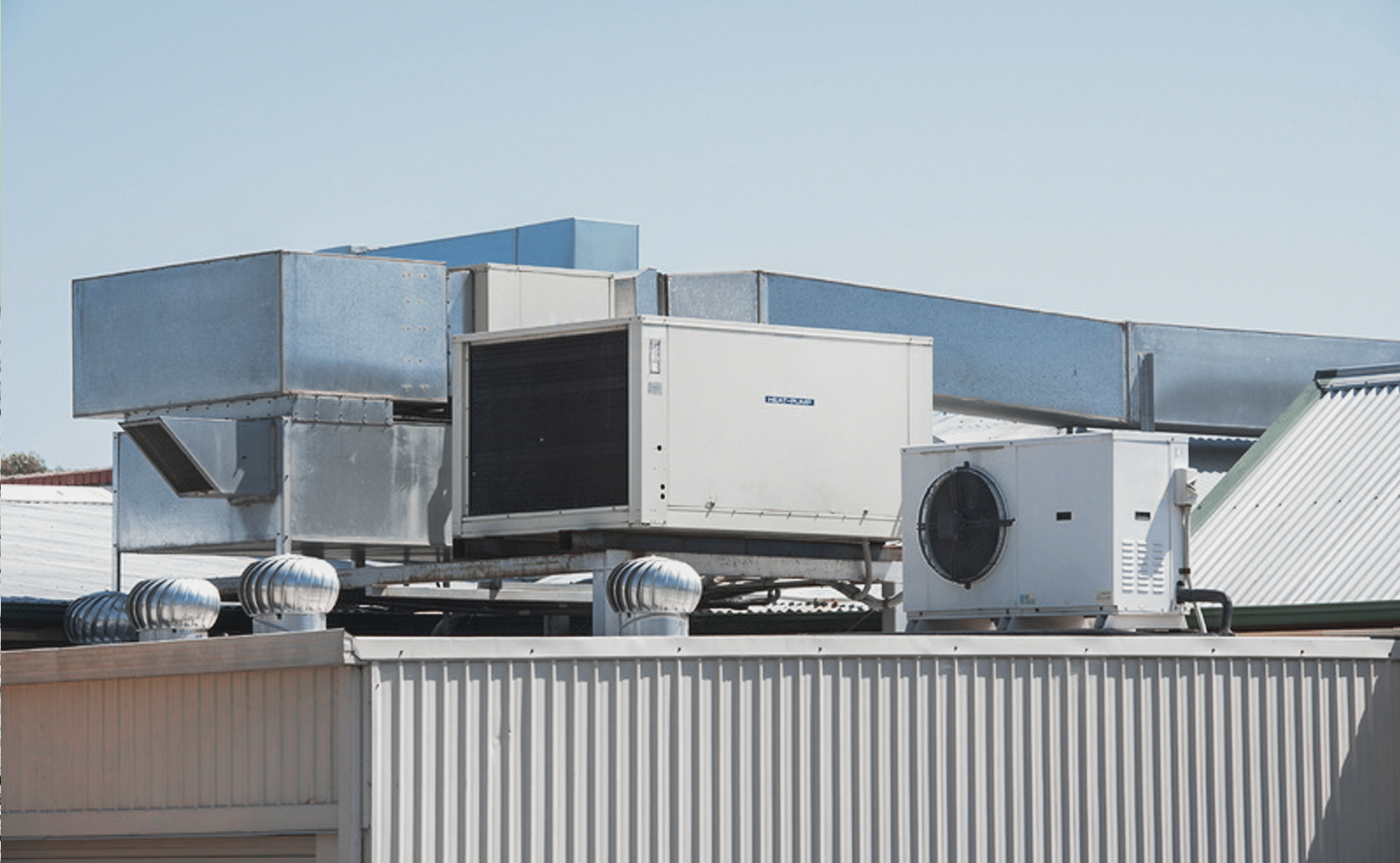
Certification according to Directive 2014/29/EU (SPV) - Simple pressure vessels
Certification involves assessing the compliance of pressure vessels with the essential safety requirements outlined in Directive 2014/29/EU (commonly known as the SPV Directive), aimed at ensuring the safe use of these vessels by users.
Directive 2014/29/EU concerning simple pressure vessels (SPV) applies to serially produced simple pressure vessels with the following characteristics:
- Vessels are welded and intended to withstand an internal pressure greater than 0.5 bar and used for storing air or nitrogen, not intended for use with flame heating.
- Components affecting the vessel’s strength under pressure are made from non-alloy quality steel, non-alloy aluminium, or aluminium alloys that are not age-hardenable.
- The vessel consists of:
- A cylindrical part with circular cross-section closed by convex or flat ends revolving symmetrically about the same axis as the cylindrical part.
- Two convex ends that are revolving symmetrically about the same axis and are convex in shape.
- The maximum working pressure of the vessel does not exceed 30 bar, and the product of the working pressure and the vessel volume (PS x V) does not exceed 10,000 bar·litres.
- The minimum working temperature of the vessel is not lower than -50 °C, and the maximum working temperature of its alloys is not higher than 300 °C for steel vessels or 100 °C for aluminium or its alloys.
Excluded from the scope of the SPV Directive are vessels:
- Specially designed for nuclear applications where failure could lead to radioactive emissions.
- Specifically intended for installation on maritime or airborne vessels, or for their propulsion.
- Fire extinguishers.
External References:
- Directive Text: Directive 2014/29/EU of the European Parliament and of the Council of 26 February 2014 on the harmonization of the laws of the Member States relating to the making available on the market of simple pressure vessels.
- Polish Implementation: Regulation of the Minister of Development of 2 June 2016 concerning simple pressure vessels.
This information outlines the requirements and exclusions under the SPV Directive and its implementation in Polish legislation.
Certification according to 2000/14/EC (noise emissions) - Compressor unit (<350 kW)
Directive 2000/14/EC on Outdoor Noise Emission (NEE)
Directive 2000/14/EC concerning noise emission in the environment by equipment for use outdoors applies to devices listed in Articles 12 and 13 and specifically defined in Annex I of the Noise Emission Directive. The NEE Directive covers only equipment that is placed on the market or put into service as a complete unit suitable for its intended use. Devices without their own propulsion, which are separately placed on the market or put into service, are excluded except for hand-held concrete crushers, mechanical hammers, and hydraulic hammers.
Scope and Definitions
According to the directive, a compressor is any machine with interchangeable equipment designed to compress air, gases, or vapors to a pressure greater than the inlet pressure. A compressor includes the compressor proper, the drive source, and supplementary equipment or devices necessary for its safe operation.
Excluded Equipment Categories
The following categories of equipment are excluded from the directive:
- Fans that circulate air at a pressure not exceeding 110,000 pascals.
- Vacuum pumps, which are devices for evacuating air from a closed, separate space at a pressure not exceeding atmospheric pressure.
- Gas turbine engines.
External References
- Directive Text: Directive 2000/14/EC of the European Parliament and of the Council of 8 May 2000 on the approximation of the laws of the Member States relating to the noise emission in the environment by equipment for use outdoors.
- Polish Implementation: Regulation of the Minister of Economy of 21 December 2005 on the essential requirements for equipment used outdoors regarding noise emission into the environment.
This information summarizes the applicability, scope, and exclusions under Directive 2000/14/EC concerning outdoor noise emission, as well as its implementation in Polish legislation.
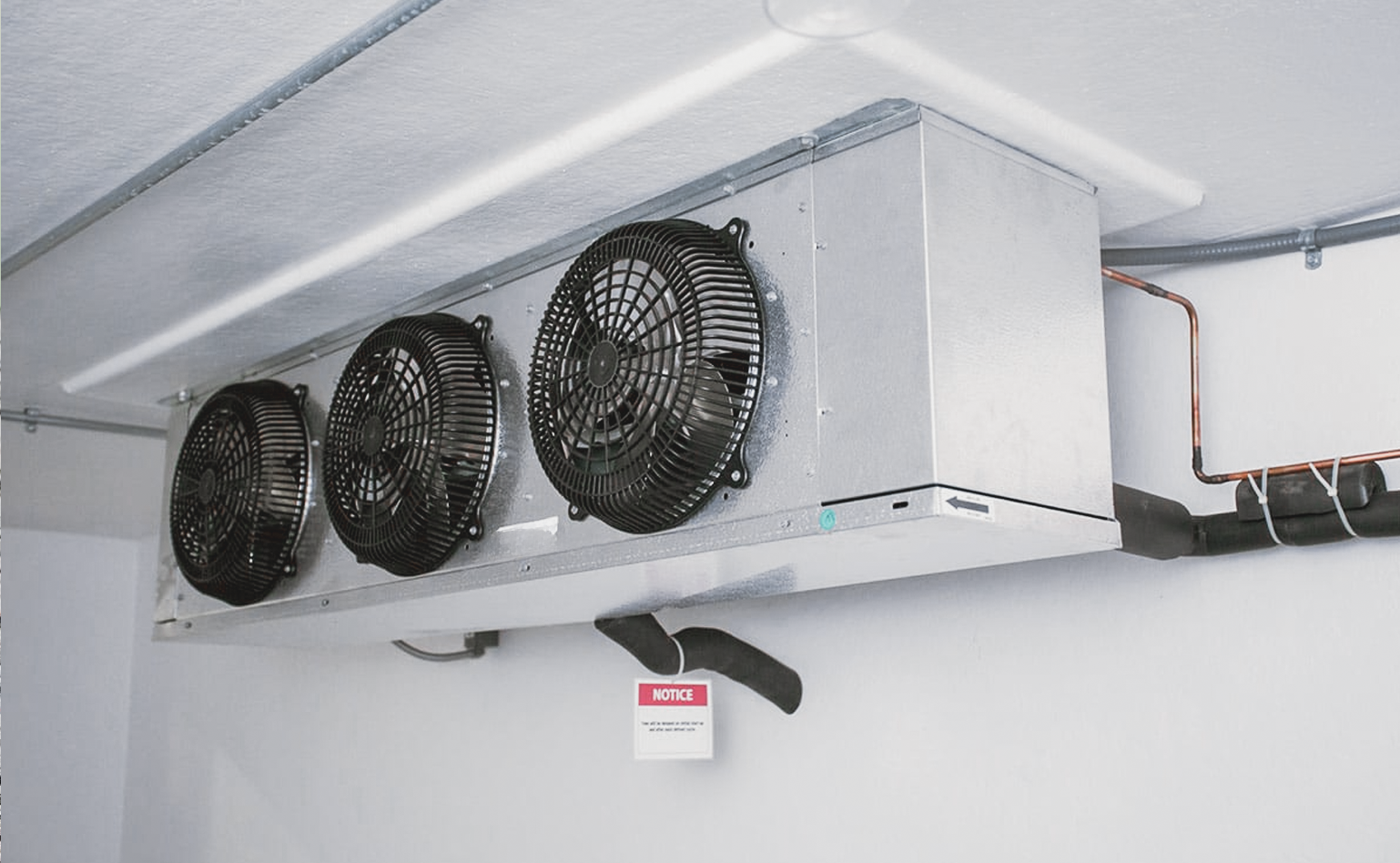
Appeals and Complaints
Information on the procedure for handling complaints and appeals can be found at this link.
Additional capabilities
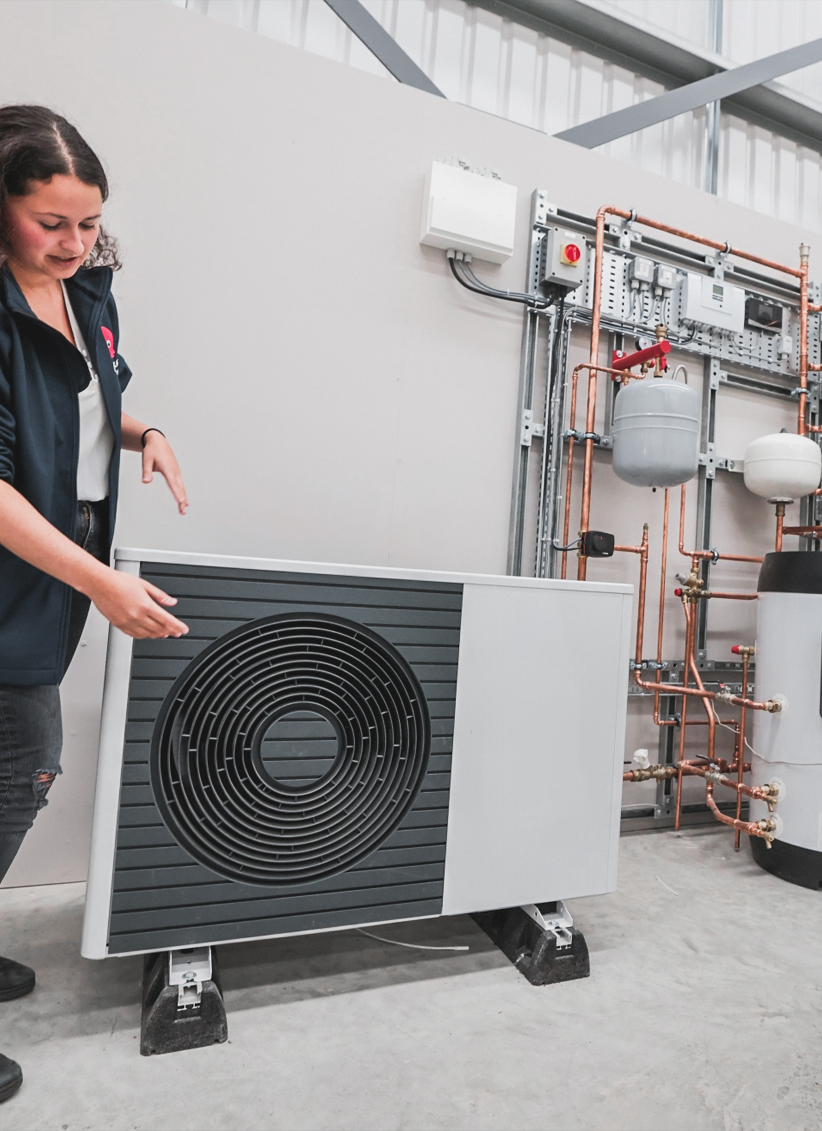
Certification for the "B" common guarantee trademark.
Polish safety mark for your devices

CE certification
European appliance quality mark, the key to the European market for your products
Why Choose COCH Certification?
Certification of refrigeration, air conditioning and heat pump products at the Central Refrigeration Center COCH in Krakow is a guarantee of the highest quality and compliance with international standards.
Order forms
Completed documents should be sent to: certyfikacja@coch.pl
Directive 2014/68/EU - Pressure Equipment Directive (PED):
Directive 2014/68/EU - Pressure Equipment Directive (PED):
Directive 2014/68/EU - Pressure Equipment Directive (PED):
CE Certification - Your Safety, Our Guarantee!
CE certification is the key to free trade in Europe, confirming that your products meet the highest safety, health and environmental standards. The CE mark is a guarantee of quality and compliance with EU standards, allowing seamless access to the European Economic Area market.
Accreditation
Quality accreditation - a guarantee of trust
The Certification Department is accredited AC 036 and AC 056 by the Polish Accreditation Center and specializes in the certification of refrigeration destination products and personnel competence in the field of refrigeration.
Our team consists of qualified and experienced specialists who offer comprehensive assistance in the certification preparation and certification process, supervision and personnel competence development. With our services, we provide customers with reliable and professional service at every stage of cooperation.
